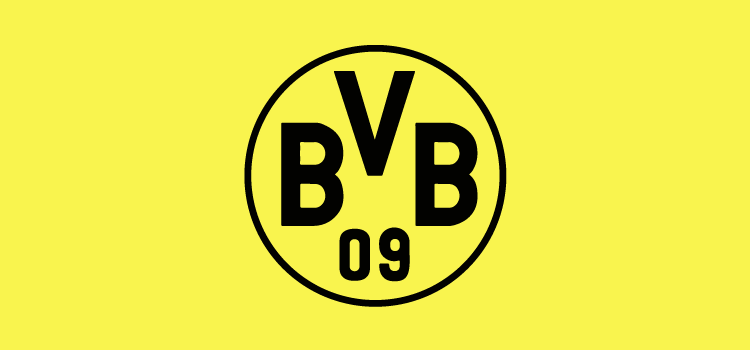Tactical Takeaways: Dortmund Crumble in Bavaria

In our new feature ‘Tactical Takeaways’, we’ll be discussing 3 tactical themes that evidently influenced the outcome of Dortmund’s last game and what they could’ve done in order to improve their performance.
Dortmund’s passive defending was self-destructive
If there was one team in the Bundesliga that Dortmund would need to be at their most proactive against, it would be Bayern Munich. Bayern’s positional build-up towards Dortmund’s final 3rd consisted of short passes and clever rotations, and the lack of pressure by the visitors made it easy for them to progress into advanced areas. Thus Dortmund were forced to react, and this saw them getting drawn to the ball and not defending crucial zones, which Bayern ruthlessly exploited. Gonzalo Castro was replaced by Julian Weigl after only half an hour because of his inability to control the centre of the park defensively. His poor positioning gifted the hosts time and space (which they didn’t need too much of) to get their first goal, which was disappointing because his main role on the day was to patrol the central axis which he failed to do. He also gave the ball away for Bayern’s 2nd and 3rd goals, giving Stoeger further justification for taking him off at such an early stage.
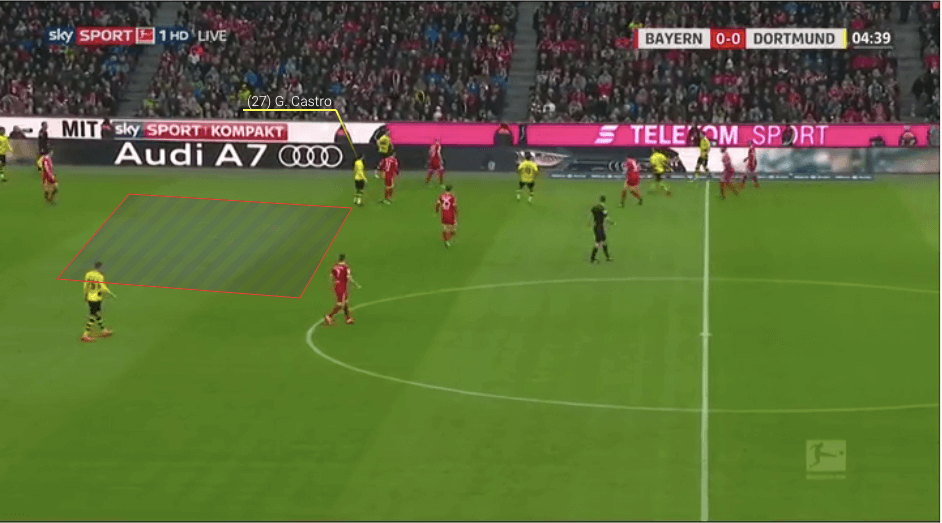
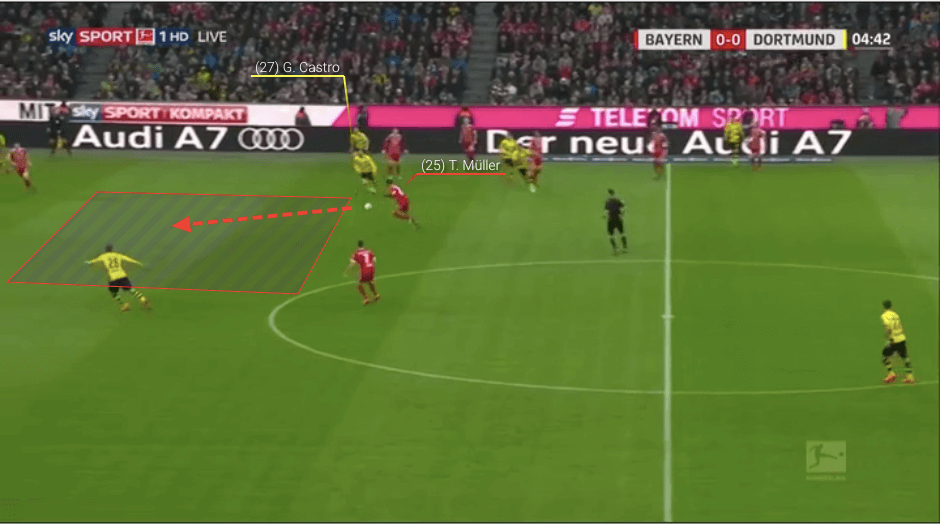
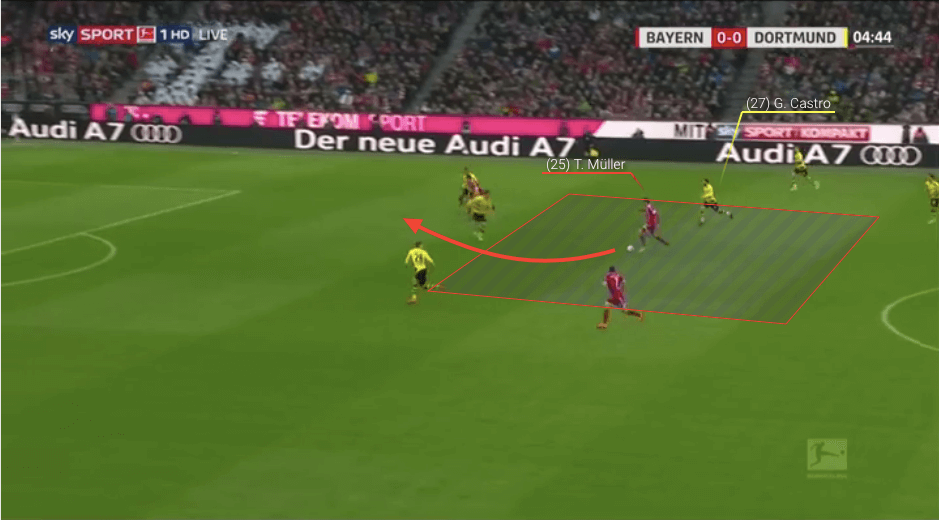
Dortmund were predictable in possession
Despite a bright start by Christian Pulisic, Dortmund were unable to create any real goalscoring chances. The majority of their build-up was channeled towards the flanks but this became very predictable. Added to that, Bayern’s pressing was very organized. They covered the spaces within their structure well and they closed down Dortmund’s players with intensity and most importantly as a unit. Had Dortmund pressed high, they could’ve used their defensive strategy as an offensive one, in which they’d attack directly after winning the ball high up the pitch. It was only after Weigl’s introduction that the visitors gained a better grip on possession but even he couldn’t break through Bayern’s defensive unit on his own.
Dortmund lacked flexibility
In December’s DFB Pokal clash between the two sides, Dortmund found themselves 2-nil down after only 10 minutes. After beginning with a 5-man backline, Stoeger replaced Marc Bartra in the 34th minute (it seems like Stoeger enjoys taking of his players at the half-hour mark against Bayern), changed Dortmund’s shape to a 4-2-3-1 and instructed them to press higher and give Bayern less time in their build-up. The result was a more positive performance in which they kept Bayern in their own half, while creating several chances for themselves. In this game, however, not even Weigl’s introduction could influence the outcome. Instead, Henyckes’ side moved the ball around the pitch and took control of the match, rarely relinquishing possession.
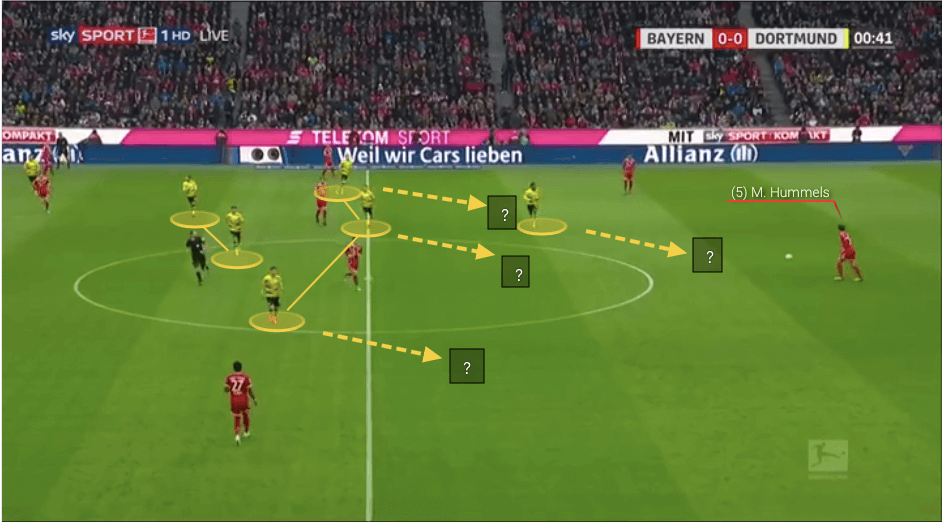
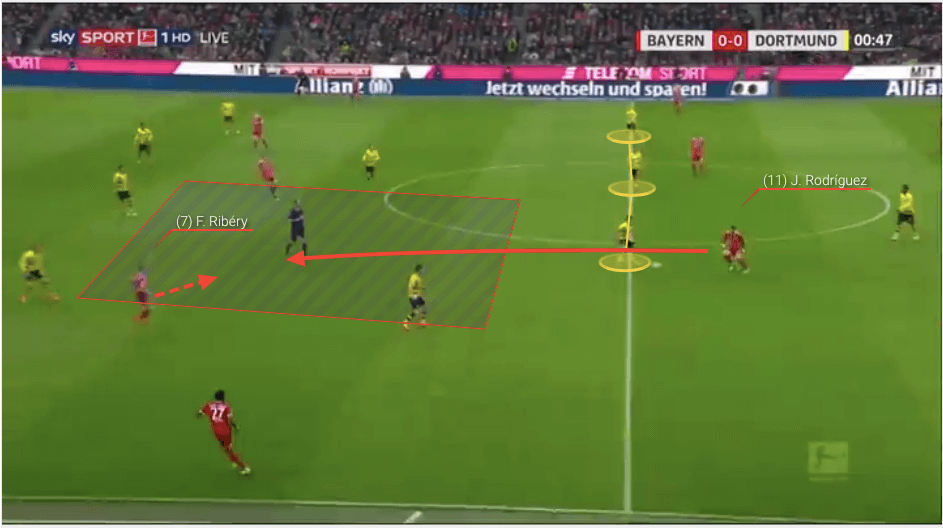
Dortmund spent minutes on end chasing the ball and Stoeger had absolutely no solution. By that stage, however, (after the 5th goal went in), not even a tactical masterstroke could’ve had an impact on the game. The players looked so defeated that getting them to play at a higher tempo with more focus would’ve been hard, if not impossible. In the end, Dortmund suffered such a devastating defeat because they simply came into this game unprepared. Tactically and psychologically they weren’t ready to resist Bayern’s attacking prowess and create chances of their own.



